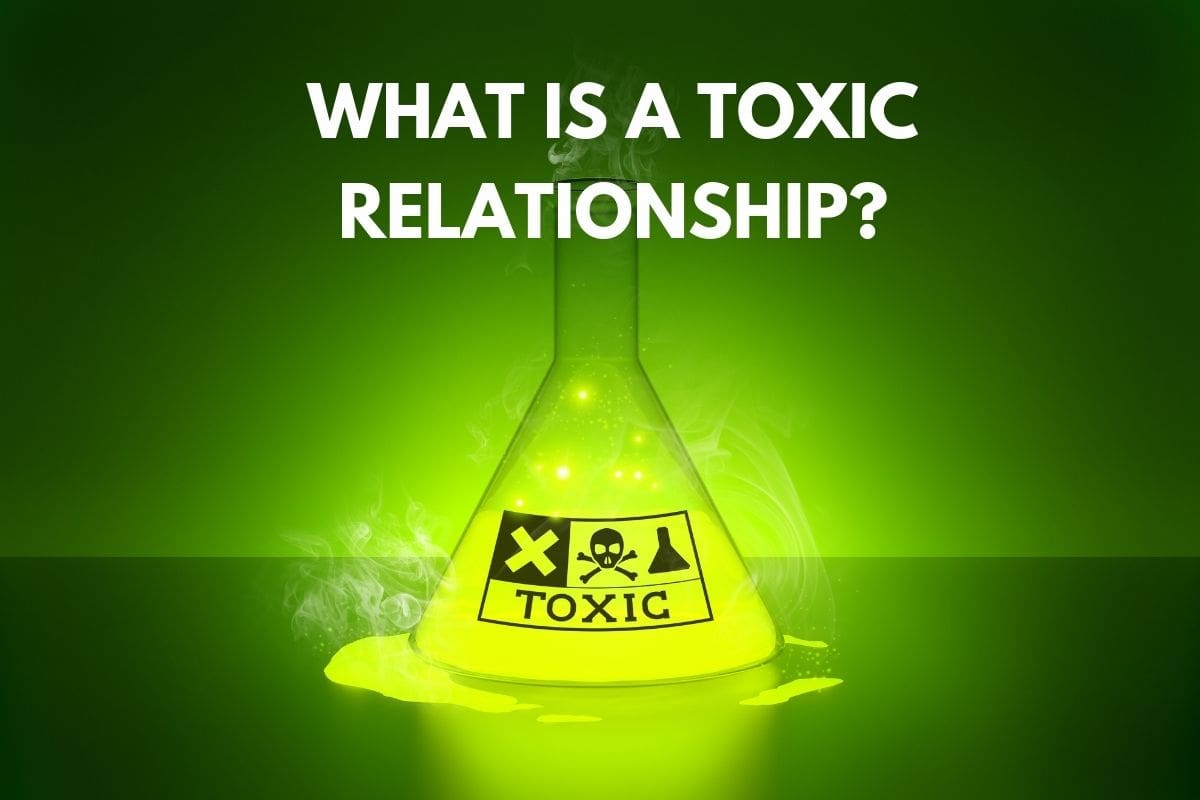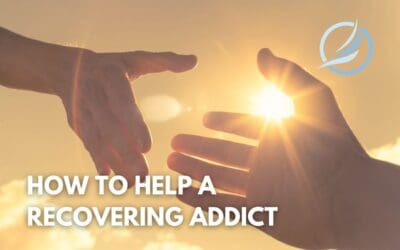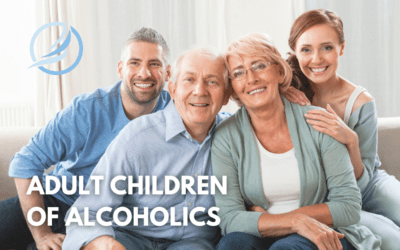The trigger for your drug abuse habit might be closer than you think; a ‘who’ rather than a ‘what’. Toxic relationships and substance use disorders go hand in hand. Whether intentional or otherwise, they often generate feelings of isolation, fear, insecurity, frustration, or stress—all of which have been directly attributed as reasons why some individuals turn to drugs as a coping mechanism. Further, the individuals who find themselves staying in toxic relationships are also likely to exhibit signs of codependency, another factor that can mean a person’s particularly vulnerable to succumbing to drug abuse.
No relationship is perfect, but there’s a difference between an occasional disagreement and being downright dysfunctional. Being able to identify signs of a toxic relationship can make a huge difference in your health, social life, and career, and be a major milestone freeing you from the daily stressors that can push you to self-medicate with drugs or alcohol.
The Definition of a Toxic Relationship
This term, first coined in 1995 by Dr. Lillian Glass, is defined as “a relationship between people who don’t support each other, where there’s conflict and one seeks to undermine the other, where there’s competition, where there’s disrespect and a lack of cohesiveness.”
Ultimately, a toxic relationship is an unhealthy one where you constantly feel drained, distraught, or even scared—the opposite of how a healthy, loving relationship should make you feel. It’s important to keep in mind that you might not feel those negative feelings all the time. Even toxic relationships can have their good moments. But if you feel that the bad far outweighs the good in your relationship, it’s definitely one that you should consider ending.
Toxic relationships aren’t limited to romantic involvements, these dysfunctional dynamics can exist between friends, family members, and even coworkers. They can involve anyone who pushes you to make bad choices or causes emotional instability.
Signs You’re In A Toxic Relationship
Are you seeing your relationship through rose-tinted glasses or a parade of red flags? According to several expert therapists, the signs of a toxic relationship boil down to a few core dysfunctional behaviors. Not all of them are obvious, especially since perspective varies depending on what we’re accustomed to.
If, as a child, you constantly witnessed your parents fighting or threatening each other with violence, this might seem normal when it comes up in your own relationships as an adult. When examining your relationship, be it with a spouse, parent, or even your boss, do so through a lens of what’s healthy rather than “normal” for you.
1. Hurtful or hostile communication
Communication is key to a healthy relationship, but it’s all too easy for this tool to be used to hurt instead. Yelling, insults, name-calling, interrupting, and even silent treatment are common in toxic relationships. Indicative of a lack of respect for the other party, these tactics are used to intimidate, manipulate, or simply put the other person down. Rather than resolving issues, this verbal abuse creates them and sows seeds of resentment or insecurity in the relationship.
2. Controlling behaviors
These can run the spectrum from constantly inquiring as to where you’re going or who you’re going to see, deciding whether you’re allowed to go (or implying that you need permission), or getting upset if you don’t immediately answer a text or phone call while you’re out. These behaviors are sometimes passed off as jealousy, insecurity, or even genuine concern.
Other forms of controlling behavior can include blackmail, taking control of your personal devices/accounts or requiring access), or secluding you from others. All of these actions isolate you from others which makes it even easier for them to maintain their hold on you.
3. Your needs are ignored
It’s not unusual to feel frustrated from time to time, but an ongoing feeling that the relationship is one-sided (like you’re constantly trying to accommodate the needs, wants, or feelings of another person but yours always seem to fall by the wayside), there’s a problem. A healthy relationship should be an equal amount of give-and-take, of compromise, of feeling heard. Your emotions should also feel valid and respected by the other person.
4. Violence in any form
Even a single act or threat of violence is unacceptable. Never tolerate physical or sexual violence. Whether it stems from an outburst or an intentional act to intimidate, this relationship is one that is immediately harmful to your health and should be exited immediately.
Don’t Stay In A Negative Relationship
The importance of being able to recognize a toxic relationship extends far beyond just peace of mind. Just as a good relationship has the potential to help us to be healthier, feel happier, and live longer, negative relationships can significantly hinder our physical and mental well-being, our relationships with others, and even work performance.
Stress is a well-known trigger that can compromise our immune systems and our ability to make rational decisions and toxic relationships are an all-you-can-eat source of it. In the short term, a drug used as a one-time pick-me-up can quickly spiral out of control, especially if the relationship becomes even more harmful.
If you are struggling with drug use, addiction, and are involved in a dysfunctional and toxic relationship, residential addiction treatment can provide a safe environment where you can be separated from the negative person and learn better ways to address those issues. Learn more by contacting The Freedom Center today.

































